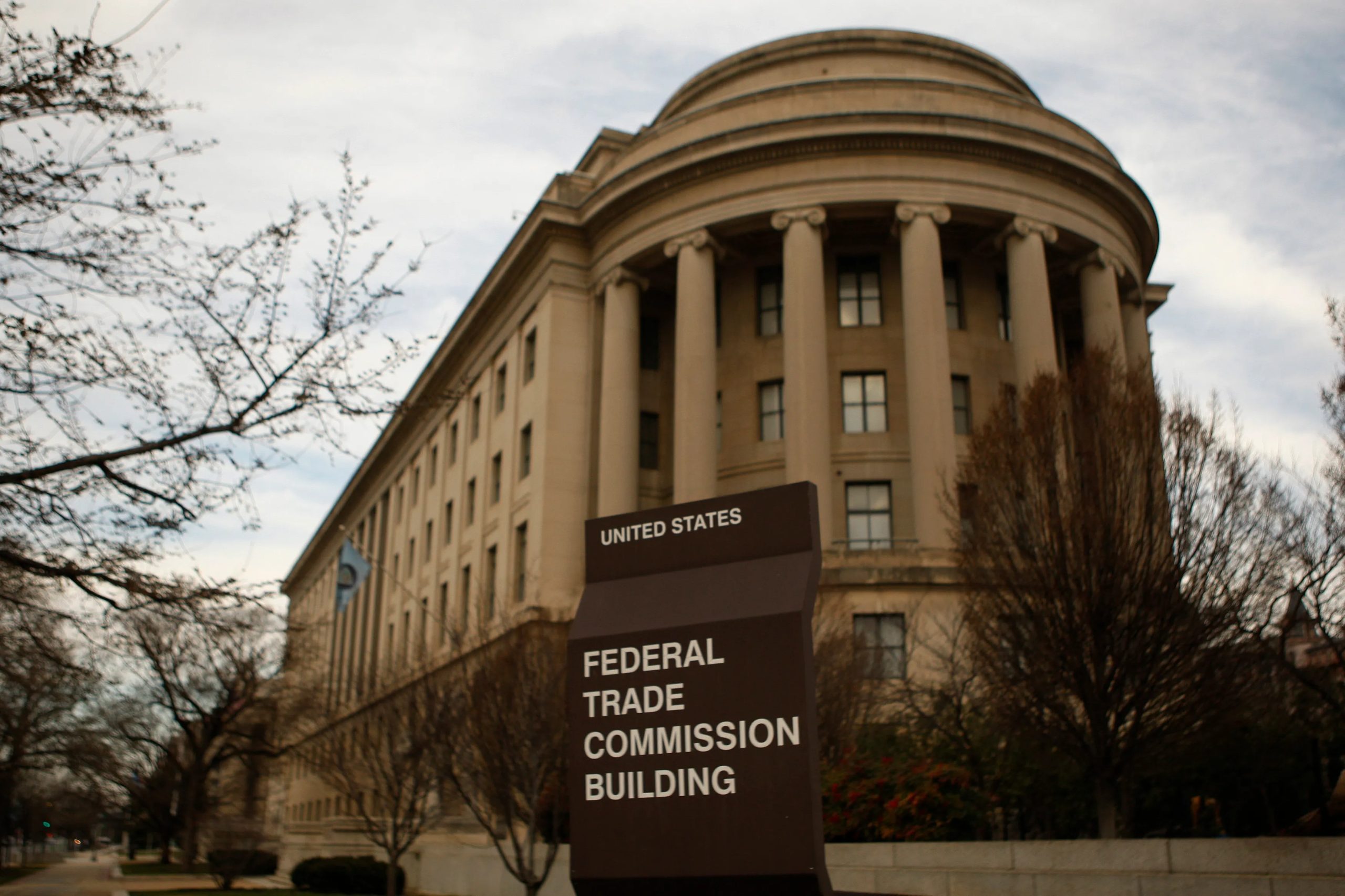In a close 3-2 vote on Tuesday, the Federal Trade Commission (FTC) made a decisive move to outlaw noncompete agreements, which have long restricted millions of American workers from pursuing career opportunities with competitors or launching their own businesses after leaving their current jobs.
According to estimates from the FTC, approximately 18 percent of the U.S. workforce, comprising around 30 million individuals ranging from fast-food employees to top-level executives, is bound by these noncompete agreements.
Once in effect, the new rule will prohibit the enforcement of such agreements for all workers and require companies to inform both current and former employees about the nonenforcement policy.

Although there’s a provision to retain existing noncompete agreements for senior executives, the majority of employees will see their agreements invalidated.
Commissioner Rebecca Slaughter (D) highlighted the oppressive nature of noncompete agreements, emphasizing that they often force workers to remain in undesirable jobs due to restrictions on seeking alternative employment opportunities.
The FTC’s rule, set to take effect within 120 days of its publication in the Federal Register, marks an outstanding step toward empowering workers and promoting fair competition in the labor market.
However, the rule’s implementation faces uncertainty as it is expected to encounter legal challenges from pro-business groups.
These groups argue that noncompete agreements safeguard proprietary information and intellectual property. They question the FTC’s authority to issue such a sweeping ban without explicit authorization from Congress.
While Congress has yet to grant the FTC explicit authority to ban noncompete agreements, there have been bipartisan efforts to address the issue through legislation. However, disagreements over the scope and extent of regulatory action have stalled progress on legislative reforms.
Despite the dissenting voices within the FTC and the looming legal battles, proponents of the rule assert that it is essential for enhancing worker mobility, boosting wages, and fostering entrepreneurship and innovation in the economy.

The Biden administration, along with Democrats and labor advocates, has consistently advocated for eliminating noncompete agreements, citing their detrimental impact on workers and the economy.
As the policy landscape continues to evolve, with the 2024 presidential election looming, economic issues, including the handling of inflation and job market dynamics, are expected to play a pivotal role in shaping public opinion and political discourse.
Both the Biden administration and its critics closely scrutinize economic indicators and policy initiatives, aiming to gain an edge in the upcoming electoral contest.


